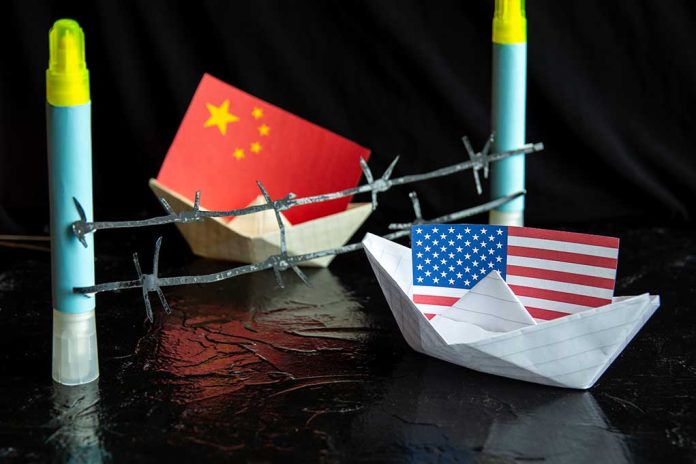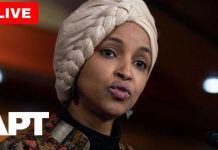
Chinese control over the Panama Canal could significantly impact U.S. interests and geopolitical balance.
At a Glance
- Panamanian President denies Chinese military presence at the Panama Canal.
- Trump threatened to regain control of the canal due to high toll rates.
- China is the second-largest user of the canal with considerable investments in Panama.
- China’s influence poses strategic concerns for global shipping and U.S. national security.
Denial of Chinese Presence
Panamanian President José Raúl Mulino denied claims that Chinese soldiers are operating at the Panama Canal, a statement made by President-elect Donald Trump. Mulino insisted there is “absolutely no Chinese interference or participation in anything that has to do with the Panama Canal.” These statements aim to calm U.S. concerns about a shifting balance of control over the crucial waterway.
President-elect Trump has argued for stringent actions, including retaking control based on Panamanian toll rates deemed exorbitant. Trump’s stance highlights broader fears regarding Chinese geopolitical maneuvers impacting U.S. strategic interests.
China’s Presence and Investments
China, a significant player in global shipping, is currently the second-largest user of the Panama Canal. Additionally, Chinese conglomerates have substantial investments within Panama’s port infrastructure, which exacerbate U.S. apprehensions over potential encroachments into hemispheric affairs. Despite denials, the strategic importance of infrastructure like the canal makes any changes in governance or influence particularly impactful for U.S. military and economic activities.
“Chinese control of the Panama Canal absolutely poses a national security threat to the U.S.” said Brian Hughes, a member of the Trump-Vance transition team.
Trump nominated Kevin Marino Cabrera as the U.S. ambassador to Panama, meant to ensure American interests are vigilantly safeguarded in light of rising tensions over shipping costs and foreign influence. The nomination signals a continued U.S. commitment to influence policy and maintain a foothold in a critical logistical region.
In 1977, President Jimmy Carter signed a treaty to give Panama full control over the Panama Canal in 2000. And in Dec 2024, Donald Trump threatened to retake the canal from Panama. His comments denote larger aspirations, like a trade war with China. https://t.co/lEY5sUacdn
— Geopolitical Futures (@GPFutures) January 1, 2025
Strategic Concerns and Actions
The canal facilitates the transit of about 14,000 ships annually, highlighting its significance in global commerce. Past U.S. control of the canal until 1999 underscores its traditional role as a pivotal element of American geopolitical strategy. Heightened discourse around toll hikes due to environmental factors further strains U.S.-Panama relations.
“The canal is Panamanian and belongs to Panamanians. There’s no possibility of opening any kind of conversation around this reality,” said President José Raúl Mulino
Concerns about Chinese monitoring capabilities and control over critical global shipping infrastructure remain at the forefront of U.S. strategy discussions. As the world’s largest exporter, China’s burgeoning influence may shift power dynamics, challenging U.S. dominance in Western hemisphere trade routes.
Sources:
- https://www.bbc.com/news/articles/c8rj11ne68eo
- https://www.reuters.com/world/americas/trump-says-he-might-demand-pana-hand-over-canal-2024-12-22/
- https://www.nytimes.com/2025/01/02/us/politics/trump-panama-canal-china.html
- https://www.voanews.com/a/voa-mandarin-what-threats-could-china-pose-to-us-by-controlling-panama-canal-/7922552.html



